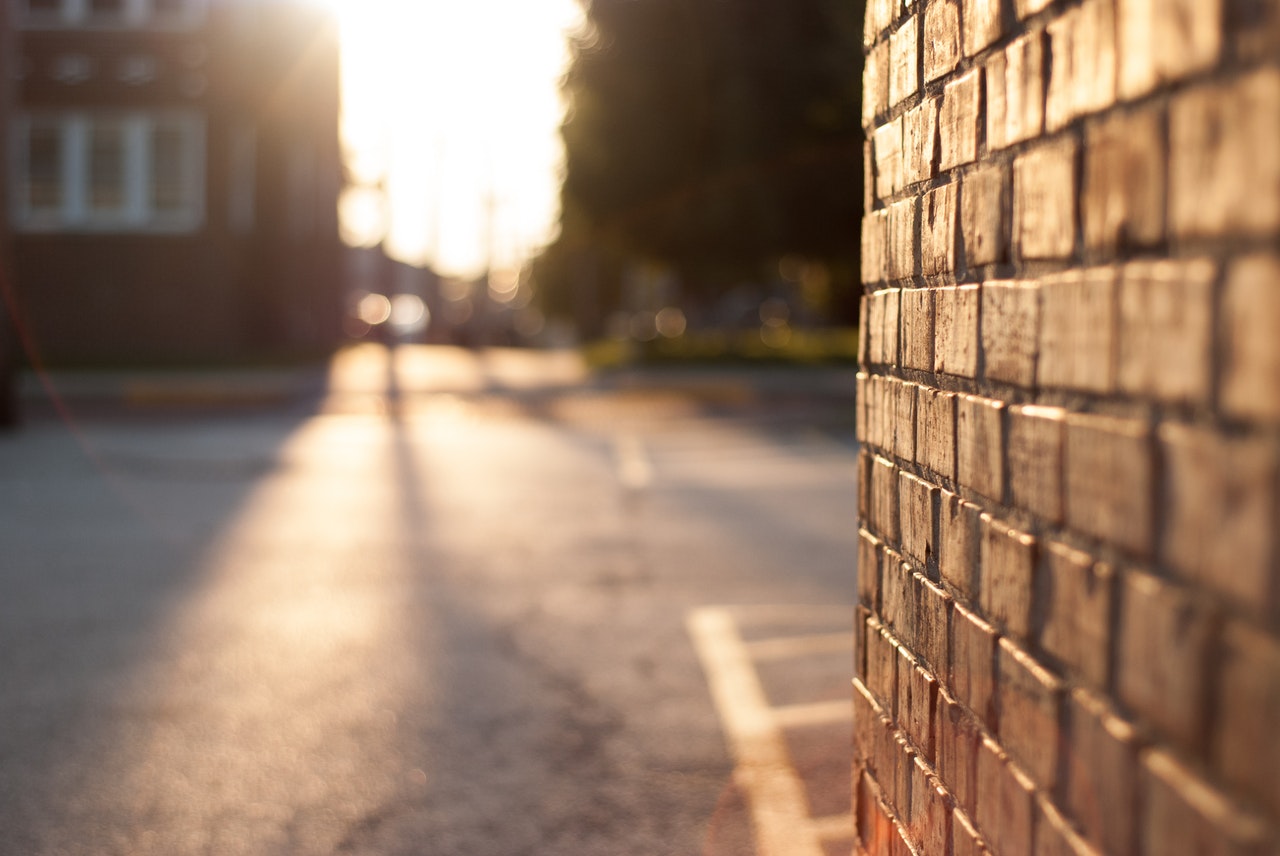Determining Liability in Hazardous Road Accidents

You may wonder about responsibility if you hit a large pothole and puncture a tire, a piece of construction debris cracks your window, or debris gets lodged in the undercarriage and causes damage. Hazardous road conditions such as potholes, debris, and construction instruments can all contribute to valid accident claims. In road hazard cases, determining liability can be tricky so you may wish to speak with a dedicated car accident lawyer in Philadelphia.
POSSIBLE LIABLE PARTIES IN ROAD CONDITION CASES
Let’s assume you were using ordinary care and following the rules of the road when you encounter a roadway hazard. Due to traffic, narrow pathways, or other conditions, you may unavoidably collide with a piece of debris, a dangerous pothole, or another obstruction. In these cases, a claim against your own auto insurance company may pay for the damage but increase your long-term premiums. In some cases, another party may bear partial or full responsibility for the damage.
Government agencies, construction crews, and other drivers must use ordinary care when working on or traveling on the state’s roadways. When they fail to do so, and someone else experiences property damage or an injury, the responsible party may face legal liability for the damage incurred.
In a road hazard claim, the following parties may face liability:
- Government roadway agencies and contractors. In Pennsylvania, the Department of Transportation (PennDOT) is responsible for all roadwork. If construction debris or other materials damage your property, you can file a claim against the government agency or a private contractor. The government or a private contractor may also face liability in cases involving known dangerous roads, parking garage hazards, and government parking lot hazards.
- Homeowners. If the damage occurred on someone’s hazardous driveway, the homeowner may bear responsibility for the incident. The state and local governments are not responsible for the upkeep of residential driveways.
- Businesses. Damage that occurs in a parking lot near a business may fall under premises liability laws. Businesses must maintain their properties (including sidewalks and parking lots) and warn drivers of any known potential hazards.
- The Pennsylvania Game Commission. If residents repeatedly call with information about a large, dead animal obstructing the roadway, the Game Commission bears a responsibility to take action. Failure to do so could result in legal liability for resulting damage.
- Drivers. If a passenger vehicle driver fails to properly strap down a refrigerator in the bed of a truck or trailer, the driver may face liability for any damage the obstruction causes if it falls off. Similarly, commercial drivers and employers may face liability for improper loading practices that contribute to roadway hazards.
In any of these possible roadway hazard cases, drivers must carefully preserve evidence and move quickly to pursue a claim. Take pictures of the incident site, property damage, and any resulting injuries. Write down the exact location, the direction, details about the hazardous condition, and the names/contact information of any witnesses who can corroborate the claim. In filing a claim against the Pennsylvania government, an individual, or a private business, the claimant must connect the hazard with the property damage and identify the appropriate defendant.
In cases involving government, private business, or contractor negligence, a claimant may need to prove the entity knew about or should have known about the hazard and failed to act in a reasonable manner. This may require researching government surveys, talking to locals who drive in the area, and searching for any existing reports of the hazard.
While difficult to prove, serious property damage deserves a second look at liability and you may wish to speak with a knowledgeable Philadelphia accident lawyer experienced in these types of cases. Drivers are not responsible for property damage arising from the clearly negligent actions of others. If the property damage was not serious enough to warrant the difficulties of the claims process, consider reporting the condition anyway. If the responsible party doesn’t know about the condition, it can’t take actions to protect others from suffering more serious incidents.
